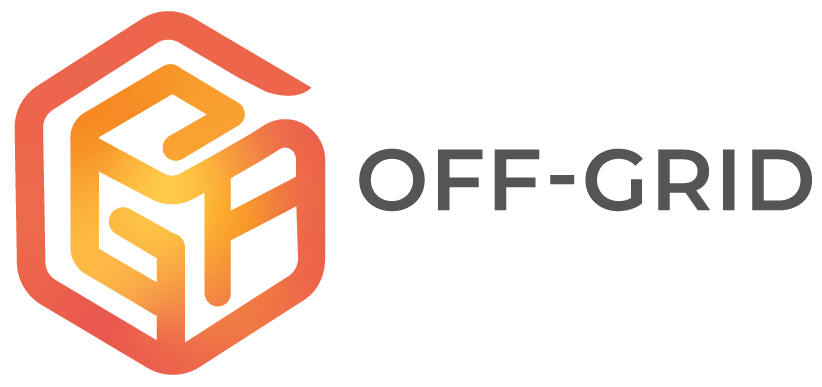The Progressive Wage Model (PWM) has been gaining attention among Singaporean retailers, as they will only be allowed to renew work passes and apply for new ones after rolling out PWM. Although it began as early as 2014, the PWM has only been extended to cover retail workers in September 2022.
Hence, we’re here to help you understand the basics about PWM, especially in the retail context. Subsequently, we’ll also highlight how data analytics comes into the picture and how both of these are beneficial for your retail business.
What is the Progressive Wage Model?
The PWM is the work of a tripartite committee formed by the government of Singapore, consisting of workers’ unions, employers and government representatives. It is designed to uplift low wage Singaporean and Permanent Resident (PR) employees working in certain sectors.
Starting in 2014, the PWM was implemented in the cleaning sector and since then, it has been extended to cover other industries such as landscaping, security, lift repair and maintenance, food services, waste management, drivers and more.
In essence, the PWM maps out a career pathway for employees, charting out a plan for wage increments throughout their employment. This strategy also helps ensure that wages do not remain stagnant in these sectors, the main cause of low employee retention and high turnover rates.
When in effect, the PWM provides a basic annual wage adjustment guide for employers to ensure that increments are given regularly. The PWM necessitates employers to provide upskilling opportunities to their employees, offering them training and certification courses with the possibility of promotion.
The Singaporean government has also introduced two accreditations, the PW Mark and PW Mark Plus for companies that have successfully implemented the PWM. These recognitions signal that a certain company pays fair wages, helping boost the company’s reputation as well.
The Progressive Wage Model in Retail
As mentioned earlier, the PWM was officially applicable to all retail employers beginning September 1 2022. According to the tripartite cluster for the retail industry (TCR), there are more than 29,000 retail enterprises in Singapore employing about 87,000 Singaporean residents (4.5% of the population), making this one of the key industries in Singapore.
According to the PWM guidelines, the wage increase plan covers both full-time and part-time retail workers of both Singaporean and foreign nationalities. This plan states that lower ranked retail staff should enjoy an increment of 8.4% to 8.5% annually on their base pay. This excludes higher ranking positions like retail managers and supervisors, whose salaries are left to market forces.
As with the other employment sectors, the PWM also requires that training be provided to staff to facilitate upskilling and to support them in providing better services. The list of approved courses has been outlined in the TCR report, and one of them is data analytics. Here’s where data analytics & the progressive wage model intersect.
Why is Data Analytics Key to Retail Success?
The TCR has recommended data analytics as a Technical Skills and Competency course for several retail positions. These include senior retail assistants, senior cashiers, retail managers, retail supervisors and assistant retail managers or supervisors.
An in-depth knowledge of retail data analysis will benefit your business. It equips key employees with the ability to apply information gathered from transaction records, customer engagements and financial data.
Understanding Consumer Preferences
An analysis of purchasing history and trends will give your employees a clearer picture of what products or services consumers prefer in your company. Consequently, it will help define the different purchasing behaviours between different demographics, so that you can craft more effective marketing strategies.
Consumer trends are dynamic and targeting the right group with their preferred products or services will increase the conversion rates of your marketing efforts, thereby increasing the return on investment (ROI) of your marketing expenditures.
Improve Visual Merchandising
The way you design product placement in a retail setting influences a customer’s choice. Therefore, based on data collected from purchasing records, you can design a layout to encourage positive customer decisions.
Additionally, your retail staff will be able to improve customer experience by analysing footfall, customer conversion rates and in-store purchases. By making your customers feel comfortable and welcomed, you’ll achieve better sales in the long run.
Better Stock Keeping and Demand Forecasting
Businesses may experience huge losses from unsold or expired stocks. In order to prevent this, your employees should be trained to analyse product inventory patterns. This will help them avoid over-ordering low demand products, and optimise inventory levels at any one particular time.
Not only does inventory and sales analytics prevent wastage, it allows you to predict customer demand in the future. Insufficient stocks could result in missed sales. Therefore, analysing inventory trends, purchasing patterns and external factors will allow accurate inventory decisions to meet customer needs.
Detect Losses and Security Breaches
Another cause of losses for retail businesses is the possibility of product theft or damage. Analytics will help managers, supervisors and their assistants detect both internal and external cases of fraud. These include employee theft, shoplifting, fraudulent transactions and the like.
Your staff will be empowered to protect the business and make it less vulnerable to security breaches by proposing improvements to standard operating procedures.
Optimising Prices
Effective analysis of pricing data, both internally and from market competitors, allows your employees to optimise pricing. Your staff can be trained to use dynamic pricing software to help them (and you) decide on price ranges that are competitive, yet profitable to company revenue.
With attractive prices, you will be able to attract consumers and convert them, as well as decide on marketing strategies to attract more sales.
Last Words on Data Analytics & The Progressive Wage Model
Data analytics covers a wide range of skills for retail staff to empower them in managing their stores better. This includes training them to understand consumer behaviour, manage visual merchandising, meet consumer needs and keep your business successful.
The Singaporean government has provided the Progressive Wage Credit Scheme to help cushion the impact of PWM implementation by companies. The Ministry of Manpower is also providing support and education to retailers as they roll out this programme.
In line with the government’s PWM recommendations, retail management staff should be encouraged to take data analytics courses, and where better to do it than with an SSG-designated Continuing Education and Training Centre (CET), such as TaF.tc Retail. In addition to data analytics, we also provide leadership training, customer experience courses and digital marketing courses. Contact us today to find out more about our corporate programs and pricing.




